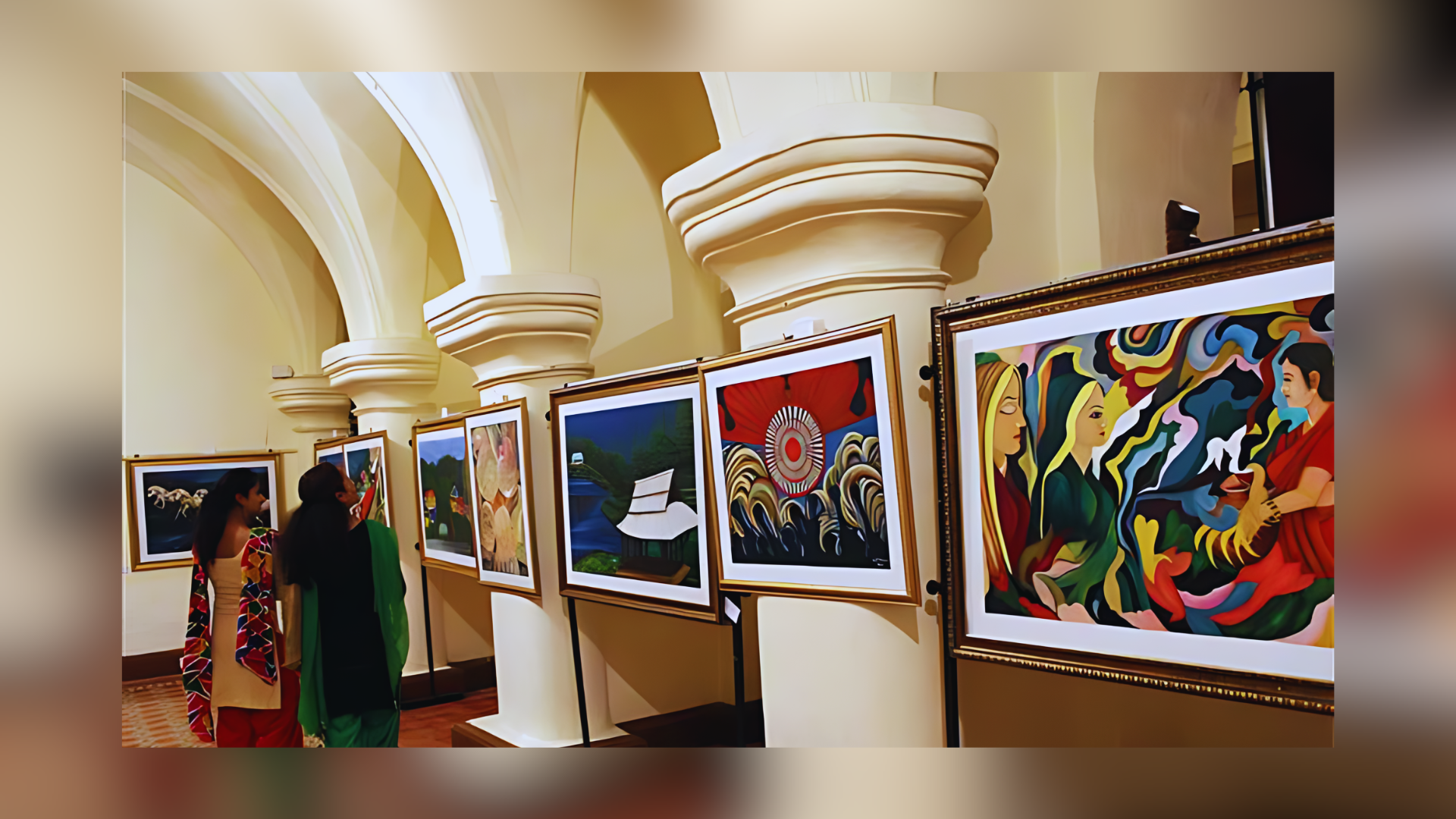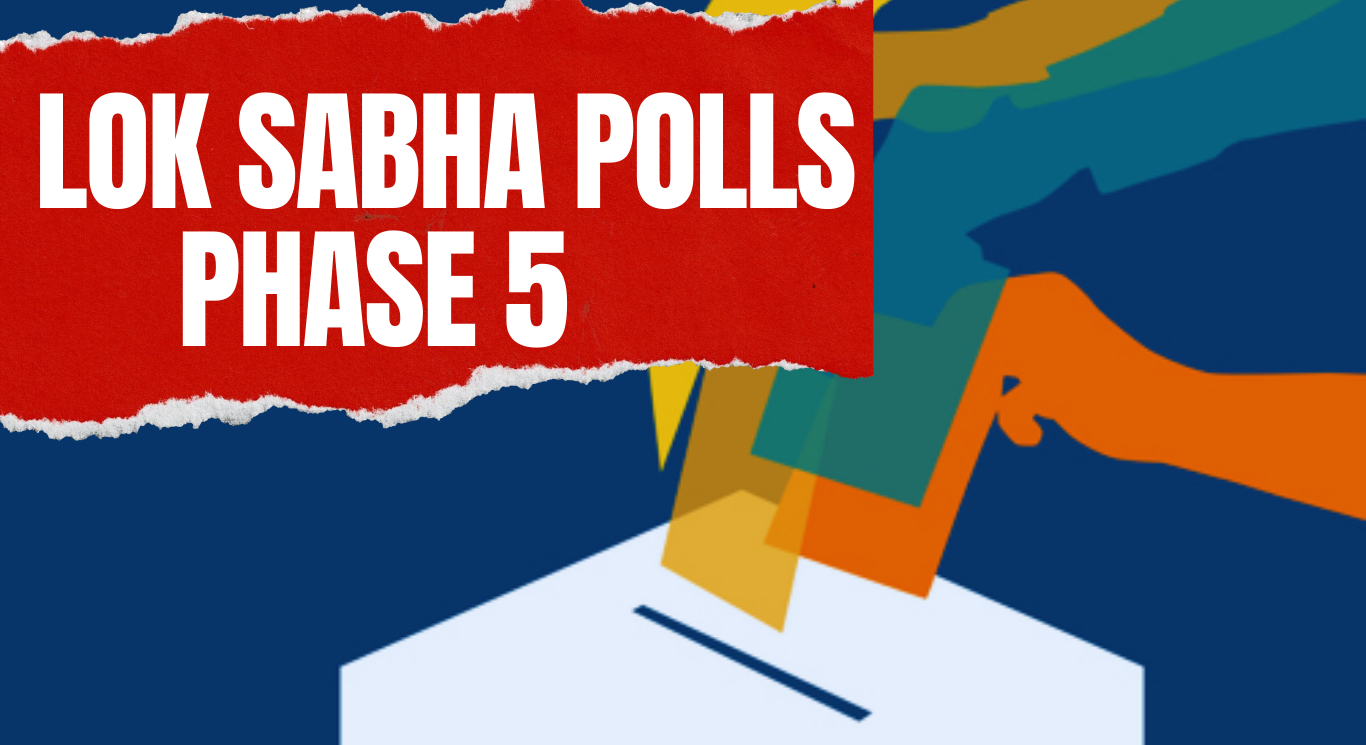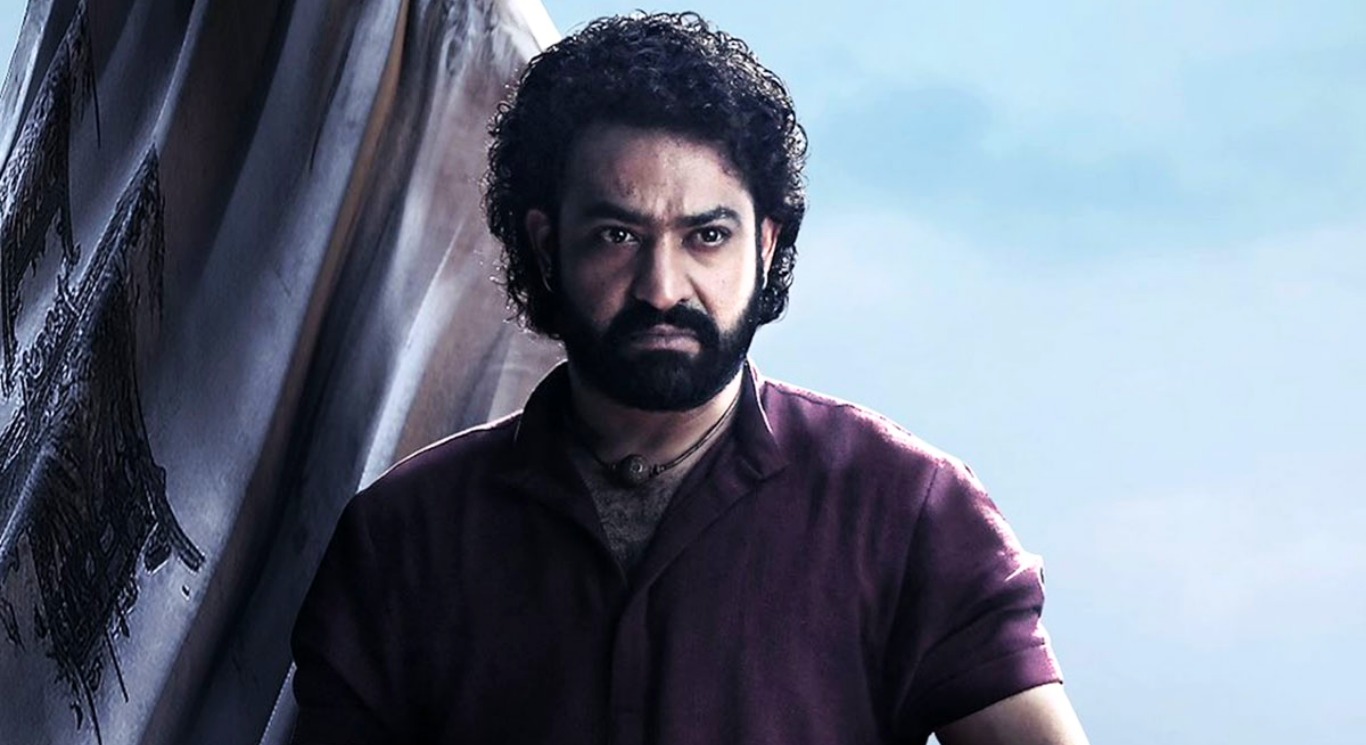




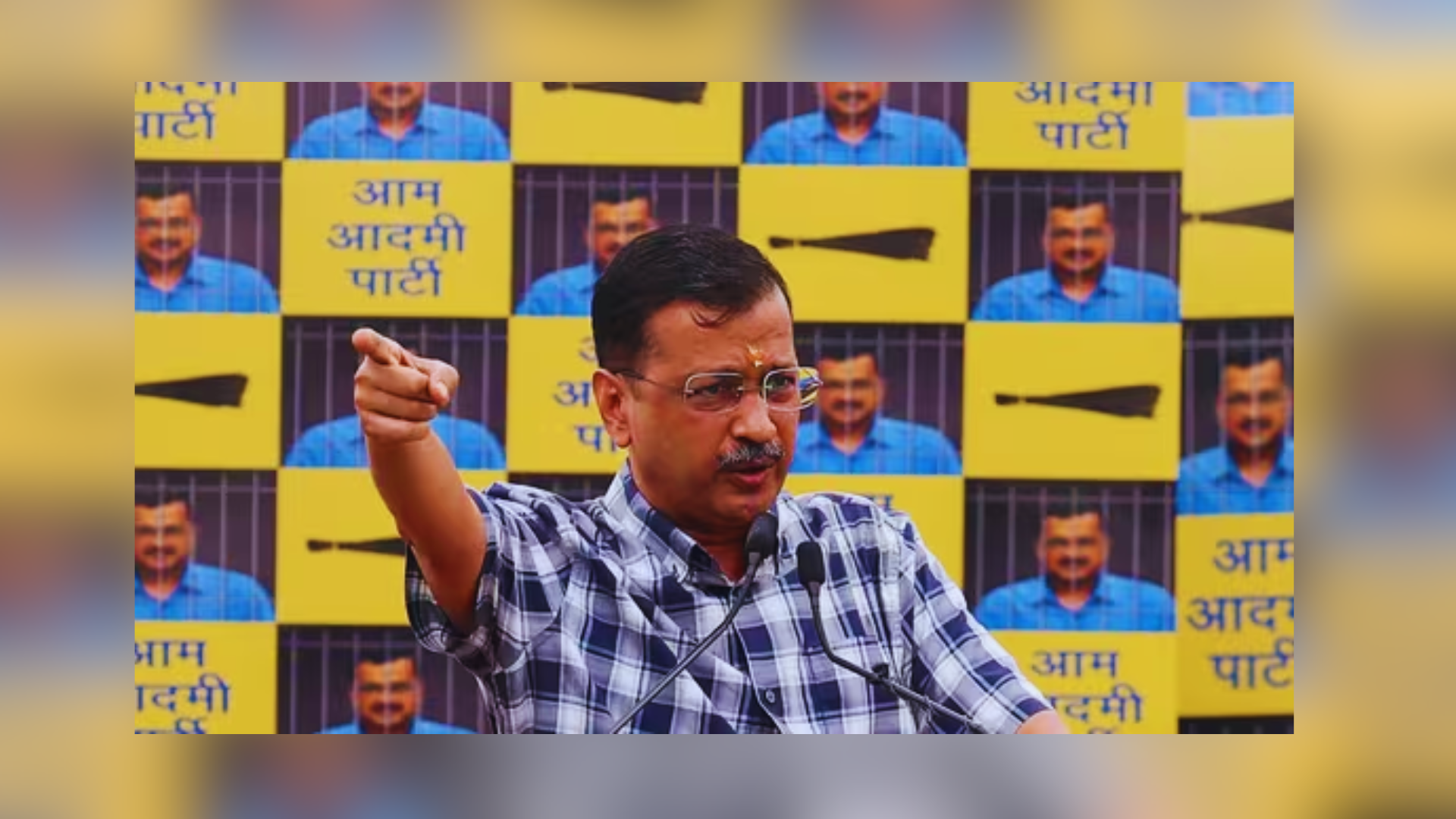
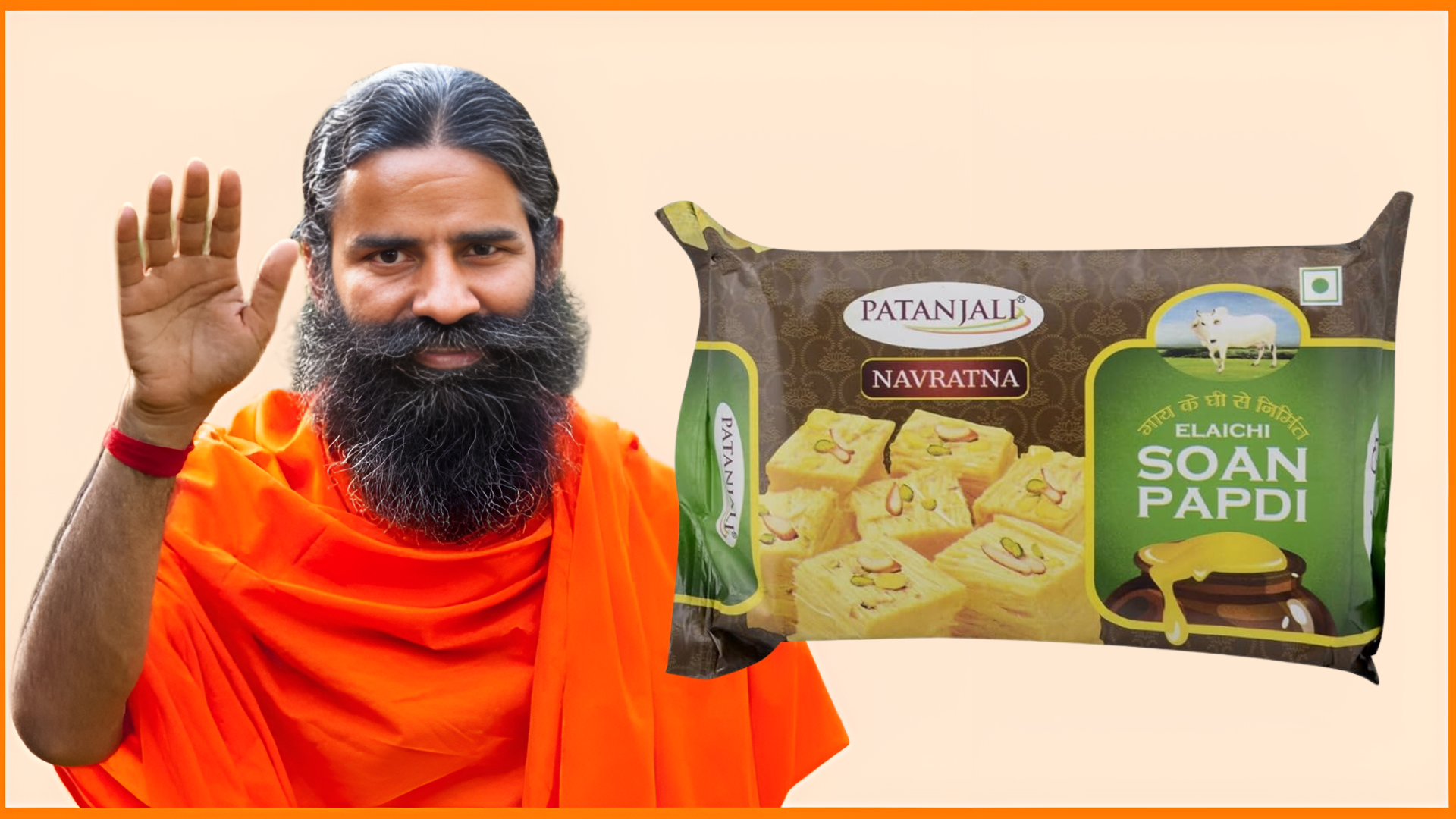


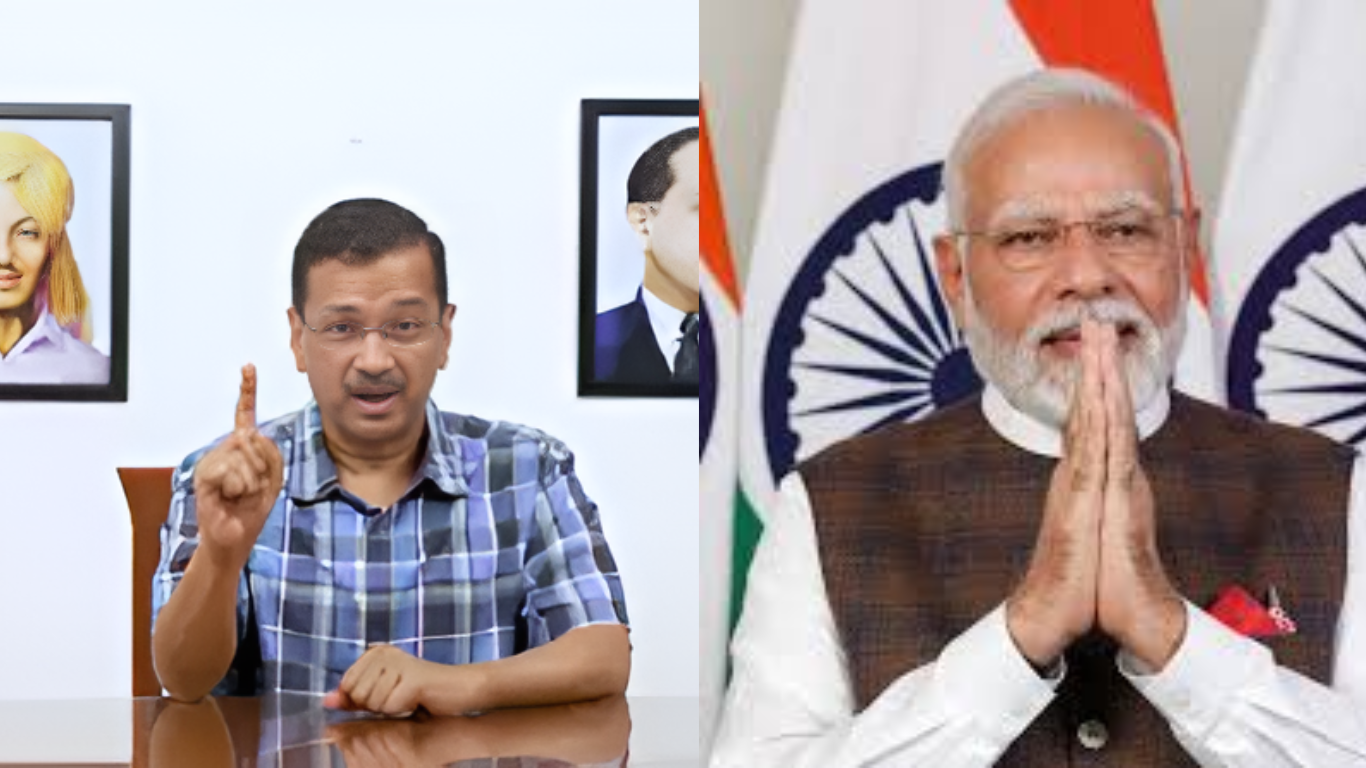
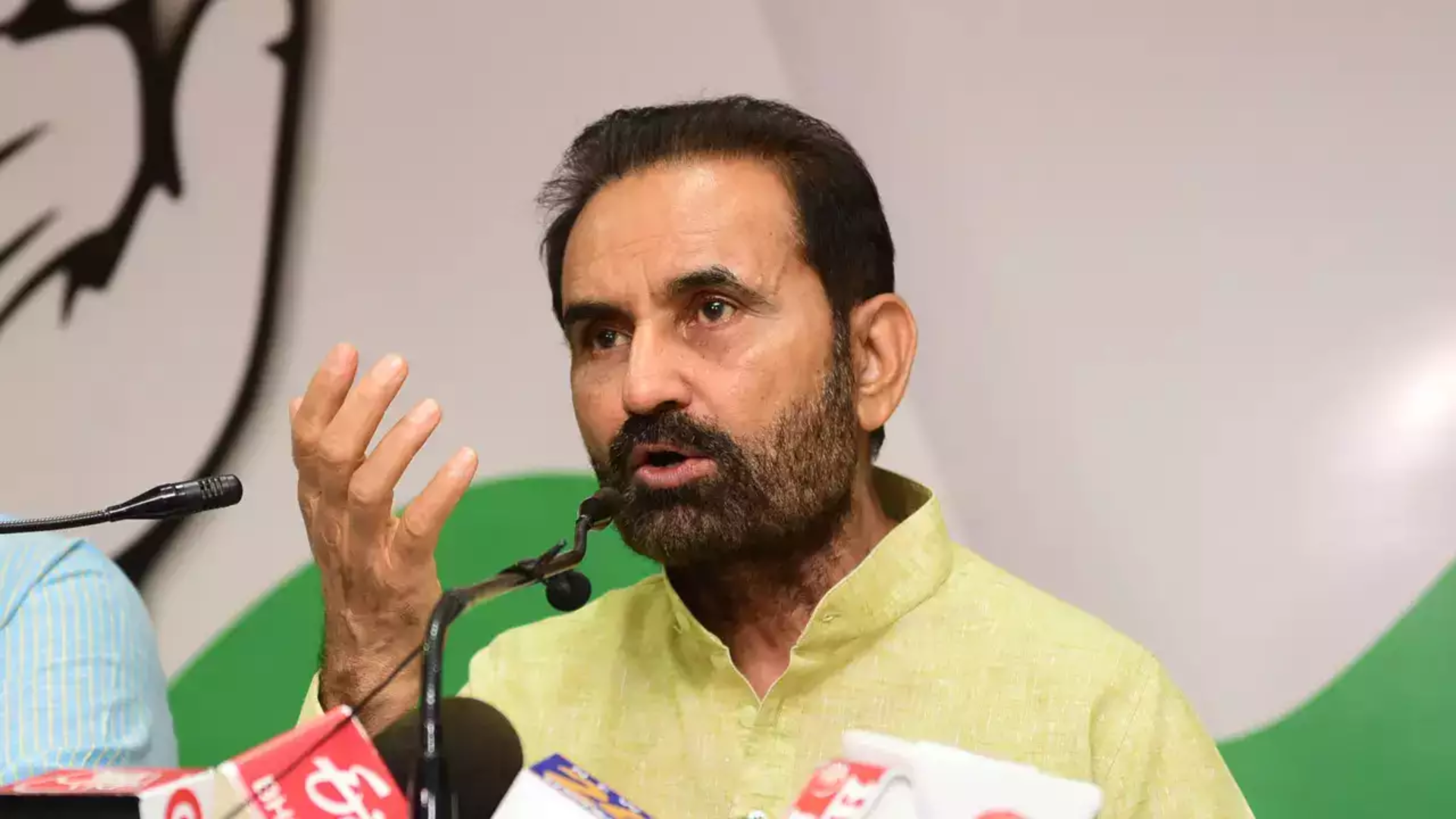
Gujarat recently concluded voting for the third phase of the Lok Sabha elections on May 7, 2024, marking a significant moment in Indian politics. This phase encompassing 25 parliamentary constituencies, witnessed a voter turnout of over 55.22% during the polling hours.
On the occasion, NewsX News Editor Devika Chopra was joined by the Congress Leader Shaktisinh Gohil for an exclusive discussion. Shaktisinh Gohil is the president of the Gujarat Pradesh Congress Comittee and was invited to speak exclusively with NewsX and provide his stance on what are the biggest issues for the voters in Gujarat.
#WhosWinning2024 | In an exclusive conversation on #NewsX Congress President of Gujarat, Shaktisinh Gohil (@shaktisinhgohil ) says
”PM Modi made his promises and guarantees to the people stating that his first 5 years were for learning and that he would deliver in the next 5… pic.twitter.com/jCpcuaE69I
— NewsX World (@NewsX) May 8, 2024
Reflecting on the culmination of voting in Gujarat’s third phase, Gohil elucidated on the prevailing sentiments among voters. He highlighted the disillusionment with the Bharatiya Janata Party (BJP). He emphasized that there had been unfulfilled promises and escalating grievances over the past decade among the citizens of the state. “People are very angry and agitated because they expected that black money will come back, and 15 lacs, as promised by Prime Minister Modi, will also be put in their bank account but nothing has happened,” Gohil pointed out that while the initial allure of having a Gujarati Prime Minister in Narendra Modi secured BJP’s victories, there has been a rising discontent among the people of Gujarat owing to the failure in delivering on key pledges including BJP’s pledge to retrieve black money and to create jobs.
The Congress leader, further, highlighted that there had been a range of unmet expectations, from the doubling of farmer incomes to curbing price rises, which had led to the increase in the public frustration. He criticized the BJP’s governance record. Using the reference of instances like the Pulwama attack and border skirmishes with China, he pointed out BJP’s failure in handling the national security issues.
Regarding the electoral landscape, Gohil addressed the impact of alliances, stressing the need to consolidate anti-BJP votes. He explained the rationale behind forming alliances, such as the India Alliance, to counteract vote division and bolster opposition unity.
Responding to the question asked by Ms Devika with regards to the potential negative bearing of the remarks by the former Punjab CM Charanjit Channi and the Maharashtra Congress leader questioning Hemant Karkare’s death, on voter sentiments, during the exclusive, Gohil dismissed attempts by the BJP to divert attention from substantive issues. He highlighted the Congress’ focused campaign on addressing real concerns, thwarting BJP’s emotive appeals. Gohil critiqued Prime Minister Modi’s recent statements, deriding them as disconnected from ground realities and lacking credibility and staunchly remarked that people in Gujarat have stopped believing the Prime Minister’s hypothetical promises such as the solar cars that would not incur any kind of expense. Congress leader brought to light several of other such promises that were made by the Prime Minister previously that have led people, especially of Gujarat, to not believe in his promises.
“In the past, in 2007, if you recollect and if NewsX can find out that video, Mr Modi has said in a press conference in Ahemdabad that he got 20 TCF oil and gas in kg Basin and he has said that every Gujarati will open the tap and he will not just get water but my fellow Gujarati will get petrol and diesel. I found out that Gujarat did not get a single drop Commercial Oil and Gas. However, 27,000 crores were unnecessary taken out from the government treasury.” Gohil brought to light the promises that the Prime Minister had allegedly made in 2007 in the state of Gujarat when he was the Chief Minister of the state. He, further, stated that this was a scam that was exposed by the Comptroller and Auditor General of India (CAG) and these are the statements that now the citizens of the country are not ready to believe in.
While in conversation with the Congress leader, Ms Devika touched on the subject of leadership decisions. She asked whether he believed that Rahul Gandhi’s decision to contest from Raebareli instead of Congress’ stronghold, Amethi was a positive move for the party. “Rahul Gandhi, with a huge margin is winning from Kerala. He is a leader who is not self-centred. In the country, if you look at the 2019 elections, the one leader who got the highest lead, that was Rahul Gandhi but he never marketed his win, he never did propaganda,” Gohil defended the Congress leader and lauded his humility and commitment to serving the nation. He took the opportunity to elaborate on why Gandhi decided to contest from Raebareli and not Amethi. He said that it was on the demand of the party members, workers and the several voters of the Hindi belt, especially from Uttar Pradesh who support Congress, that the Congress leader shifted his candidacy from Amethi to Raebareli. He asserted that the decision to shift constituencies was not Rahul Gandhi’s alone but the Congress Election Committee had collectively taken which Gandhi, as the star campaigner, abided by.
“He is not crazy for power, I must say, unlike Mr Modi, otherwise Mr. Advani was waiting for a prime ministerial birth but he didn’t allow him to be the prime minister,” Gohil emphasized the Gandhi family’s ethos of service over power hunger, citing instances where they prioritized the nation’s welfare over personal ambitions.
“On the other hand, when Mr Manmohan singh was not well, he invited Rahul Gandhi ji and told him, ‘ you take over as a prime minister because of my age and health. I don’t want to continue.’ But Mr Rahul Gandhi is not crazy for power,” Gohil brought to light the conversation between former Prime Minister Manmohan Singh and pressed that Gandhi refused to takeover as the prime minister and urged the former to not quit the position in the midterm.
“Gandhi Family is not hungry for power”
“Look at the Gandhi family, in 1991, we got a majority. All MPs, including Mr Narsimha Rao, went to Ms Sonia Gandhi and asked her to take over as the prime minister but she said,’no, my responsibility is my children, amongst you, you can decide who will become the Prime Minister.” the Congress leader reflected the selfless leadership of the family and their history of making decisions based on the country’s best interests, showcasing a commitment to serving the people refering to the 2004 elections when the party was once again in majority and everybody had urged Sonia Gandhi to take the position but instead she decided that Manmohan Singh would become a better prime minister. He also pressed that the Congress party leaders and the Gandhi family were not hungry for power but were ready to serve the nation instead.
While concluding the discussion, Ms Devika asked Mr. Shaktisinh Gohil if he felt that it would’ve been better for the Congress party in Gujarat and other constituencies if Priyanka Gandhi had decided to contest the polls this time to which the Congress leader refrained from commenting, reiterating the party’s adherence to high command decisions. He emphasized the party’s unity under the central election committee’s guidance, highlighting a cohesive approach to the electoral process.
The interview with Shakti Singh Gohil provided a glimpse into the Gandhis’ political philosophy centered on service, strategic decision-making, and accountability. His insights into the post-voting landscape in Gujarat provide a nuanced understanding of the prevailing political dynamics. By addressing key issues, evaluating alliance strategies, and discussing leadership decisions, Gohil offers a comprehensive perspective that transcends partisan lines. As Gujarat awaits the verdict of its electorate, Gohil’s analysis underscores the importance of substantive governance issues and the quest for opposition unity in shaping the political trajectory of the state. Ultimately, the electoral outcome will reflect not only voter sentiments but also the efficacy of political strategies employed by various stakeholders in Gujarat’s vibrant democratic process. As Gujarat awaits election results, the political discourse remains charged, with parties jostling to sway public opinion amidst a backdrop of evolving narratives and strategic manoeuvres.
Also read: ‘Fake Ids And Fake Certificates….’ Congress Kerala Slams BJP

